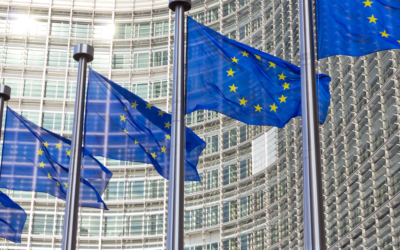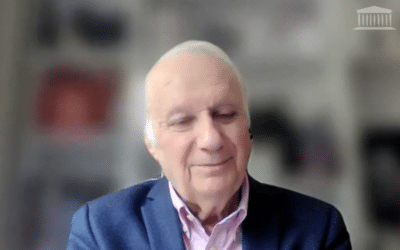11 avril 2022
ART 14-3 – The compromise proposed by Ms. SCHALDEMOSE is acceptable. We could have hoped for a stronger article 14 (pivotal article of the text), but in the context of somewhat tense negotiations, the INSTITUTE SUPPORTS THIS COMPROMISE.
ART 14-3 a) THE INSTITUTE WELCOMES ITS DELETION. Unfortunately, what was problematic in this article has been taken over by the Council in recital 41-a). On the other hand, the Parliament’s proposal is quite acceptable.
RECITAL 41-a)
The question remains the same: if a content is illegal, especially under copyright law, then the principle of freedom of expression is not intended to prevent its removal.
One of two things:
- either the content is illegal, and it must be removed,
- or the content in question is covered by a copyright exception, motivated by freedom of expression, and it must be maintained.
The CJEU in its 3 rulings of July 2019 made it clear that the list of exceptions provided for in Article 5 of Directive 2001/29 were limitative and that the general principle of freedom of expression, not expressly enshrined in one of the exceptions provided for in the said Article 5, could not be used alone to prevent the application of copyright.
However, the Institute is well aware of the stakes involved in the negotiations and accepts that a balance must be struck between the absolute necessity of removing illegal content and protecting freedom of expression.
- OUR PROPOSAL:
[…] That it is clear that the content is illegal and that the decision to remove or disable access can only be taken after validation of the notification in order to respect the principle of freedom of expression and information
RECITAL 26 – on subsidiarity
We draw your attention to the second sentence (where possible…) which suggests that a principle of subsidiarity applies in the context of a complaint against an intermediary.
Its wording suggests that intermediary services should only be involved if really necessary. There should be no legal prerequisite for intervening with technical intermediaries so as not to reduce the effectiveness of injunctions.
The very principle of subsidiarity always weakens a European text and it is obvious that the regulation must remain demanding. In the interests of balance in view of the objective of the DSA, the Institute proposes the following addition:
[…]. Where possible and not as a prerequisite, third parties affected by illegal content […]
ARTICLE 16
The exemption of small companies from due diligence obligations and of ‘medium-sized’ platforms from some of these obligations is seen as a danger in the Institute view.
This provision is based on the false assumption that these platforms would not have the means to implement these measures. But it is a very dangerous principle especially for the protection of European consumers exposed to the risks of illegal content. The obligations should apply to all types of platforms, the dangers are as great for users on small and medium-sized platforms as on large ones.
ARTICLE 2 – KYBC (Know Your Business Customer) – RECITAL 49
The principle of verification of sellers is a flagship article for European businesses. Limiting the obligations to marketplaces is a missed opportunity to tackle the wide range of illegal content and counterfeit, unsafe or non-compliant products. The INSTITUTE considers that this is not a monitoring system for business customers, but simply an extension of the obligation to identify business partners to all internet intermediaries and supports the position of the Commission and the Council. The proposals currently under discussion are too restrictive by limiting themselves to marketplaces.
It would be interesting to try to find a compromise solution that would allow the exemption to be extended to all platforms, perhaps on the basis of the European Commission’s proposal, while accepting the exclusion of only very small businesses and very small platforms.
SEARCH ENGINES
Finally, the INSTITUTE welcomes the inclusion of search engines since the trialogue on 15th March.
However, there is still some hesitation about their place in the text. Should they be considered as « caching » or hosting services?
The INSTITUTE considers that it should be possible approach such question differently.
The DSA is a regulation that must be effective in the fight against illegal content. It is therefore necessary to maintain the legitimacy of the text and to subject search engines to the reporting and removal of content. We must strive to make search engines accountable by avoiding the pitfall of classification, which will be very complicated.
Finally, while we are seeing the implementation in Europe of the press publishers neighbouring right, as defined in the Copyright Directive, in an effective manner, and while the text of this directive makes negotiations with Google, which are still difficult, unavoidable, it seems to the INSTITUTE to be essential to prevent the DSA from becoming a brake on this economic development, which is essential for the European press. Thus, favouring a kind of « exemption » from liability on results would inexorably encourage search engines to consider that they owe nothing to press publishers in the name of the neighbouring right on extracts of their content. It is therefore the definition of HOSTING SERVICES that is appropriate for search engines.
#Dans les médias, #Actualités


Conference : How do we stack up ? | 02 june 2025
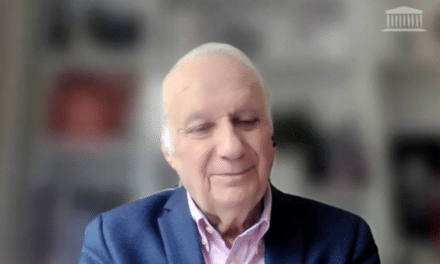


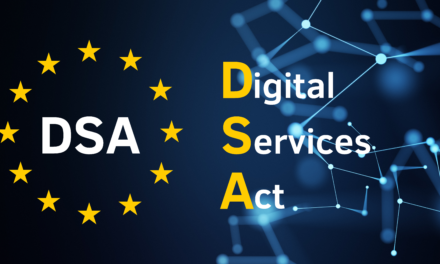

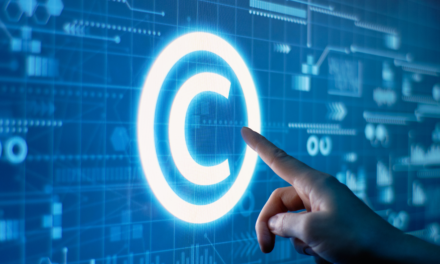




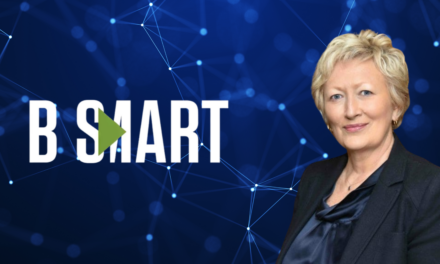
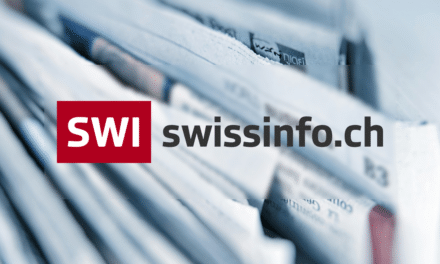



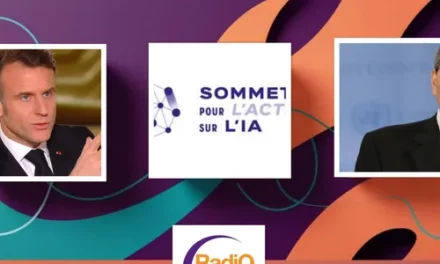



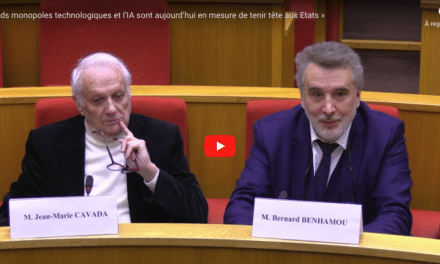
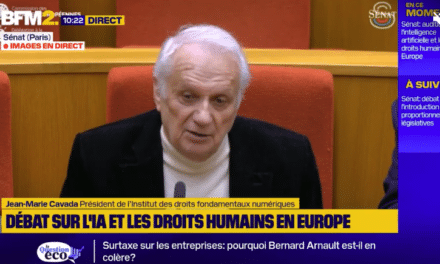

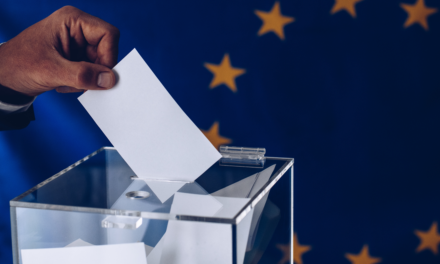


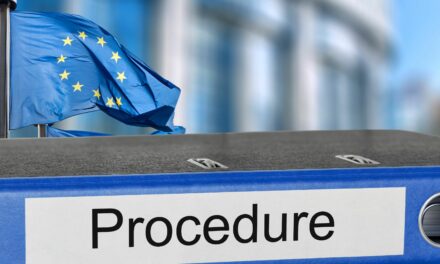

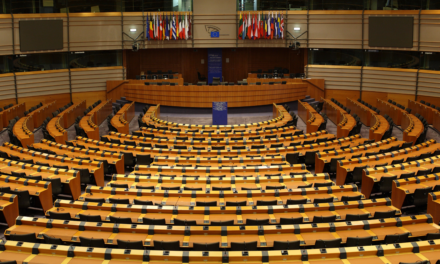








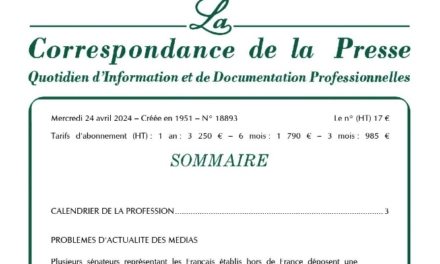





![[DSA, AI Act] Régulation, et si l’Europe avait raison ? Podcast les Eclaireurs du Numérique avec Jean-Marie Cavada](https://idfrights.org/wp-content/uploads/2023/12/8c234391-01e8-40d4-9608-4ea6c80d4f11-440x264.jpg)


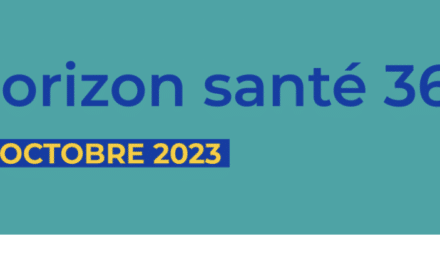
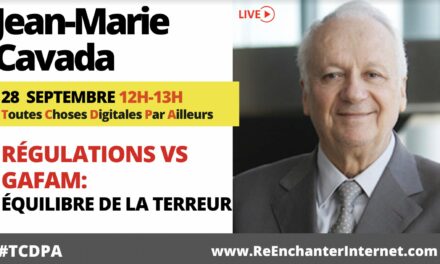


Interview de Jean-Marie Cavada pour R2PI Podcast

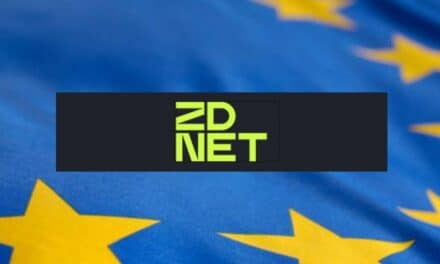



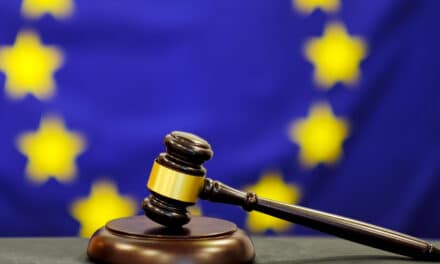







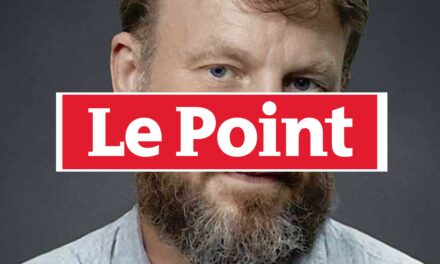













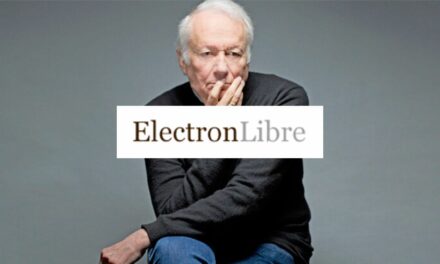







Concurrence : Google au pied du mur






Les news qui ont fait l’actu 4 avril au 10 avril
Les news qui ont fait l’actu 21/02 – 26-02

Les news qui ont fait l’actu 25


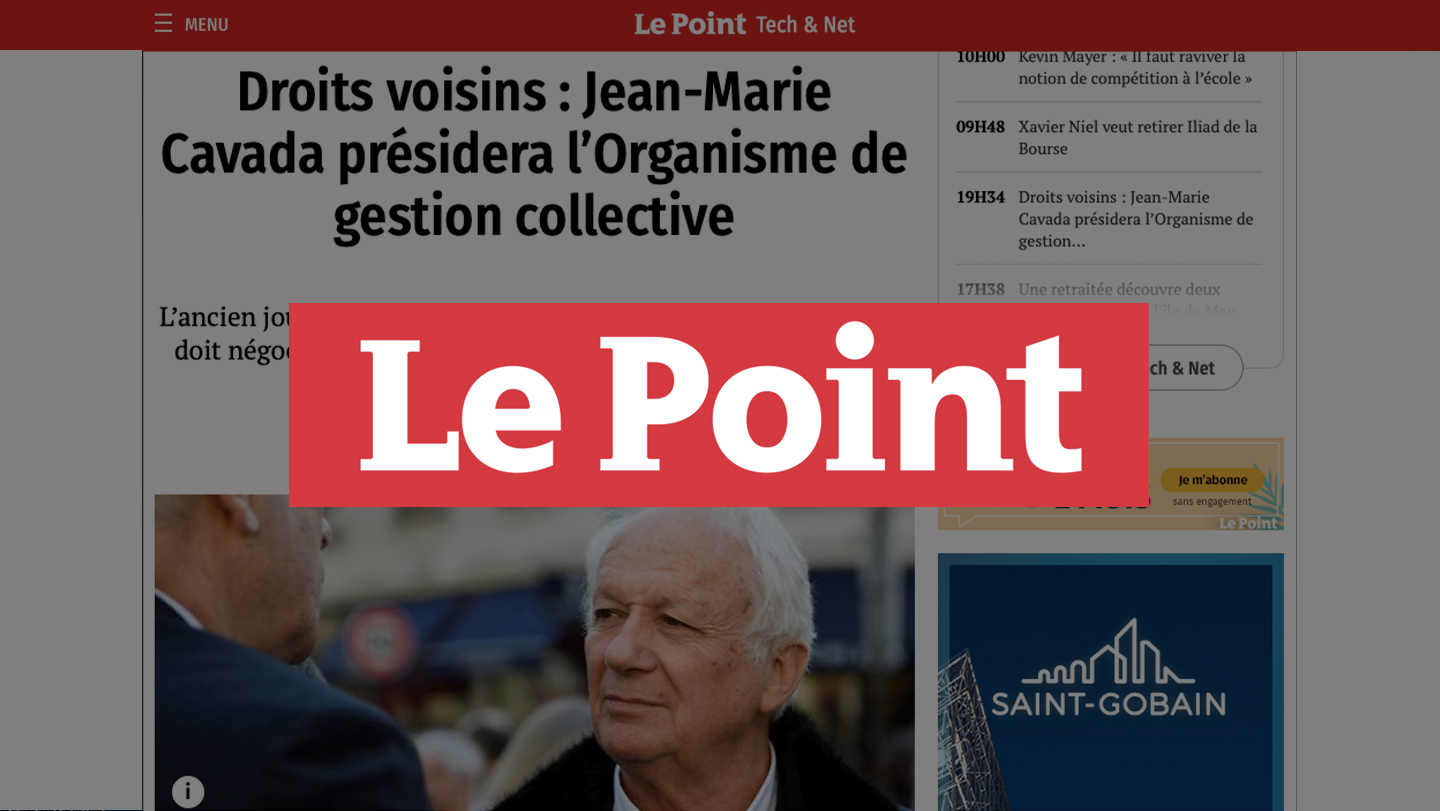
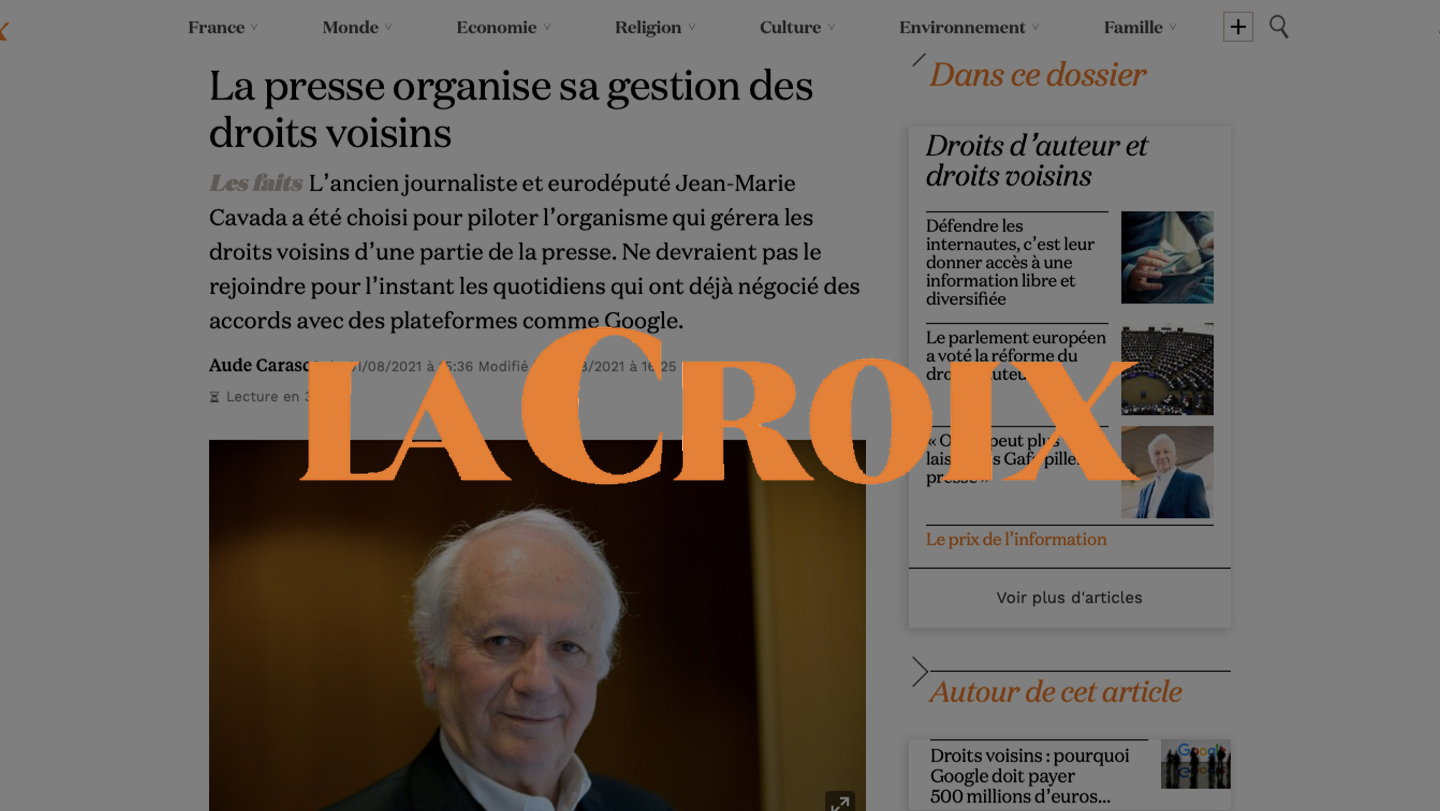


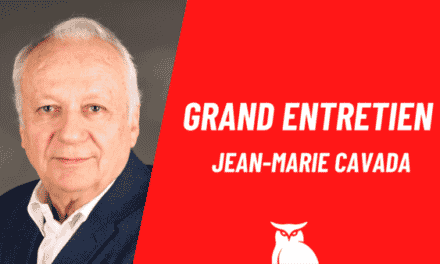


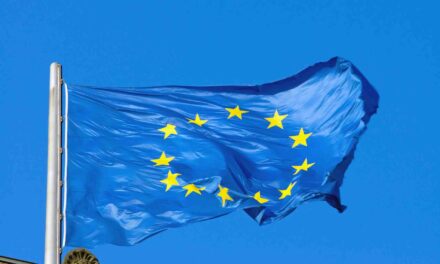




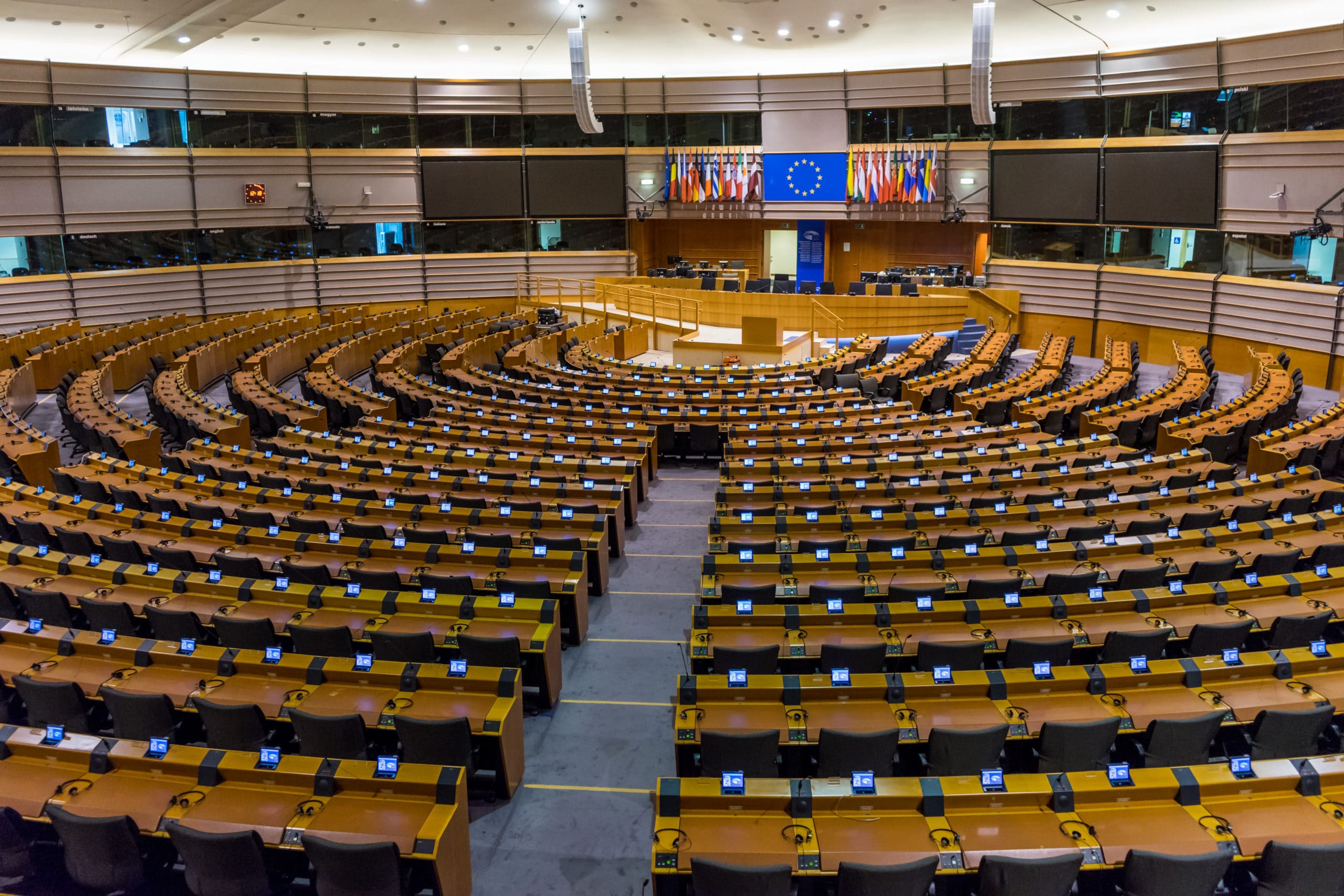
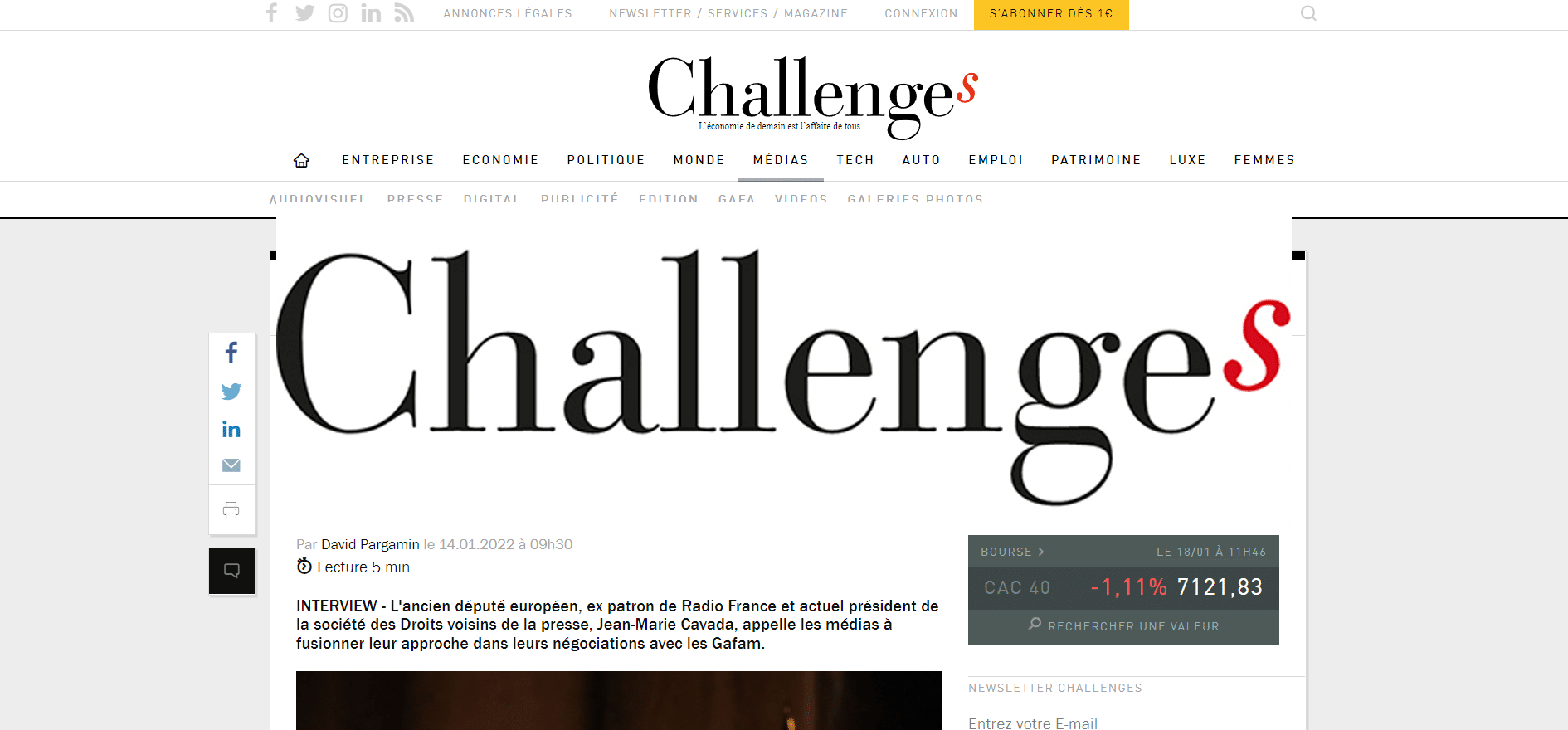


L’EUROPE, LE BUFFLE, L’OURS ET LE PANDA




Emission Hebdo Com, BFM Business





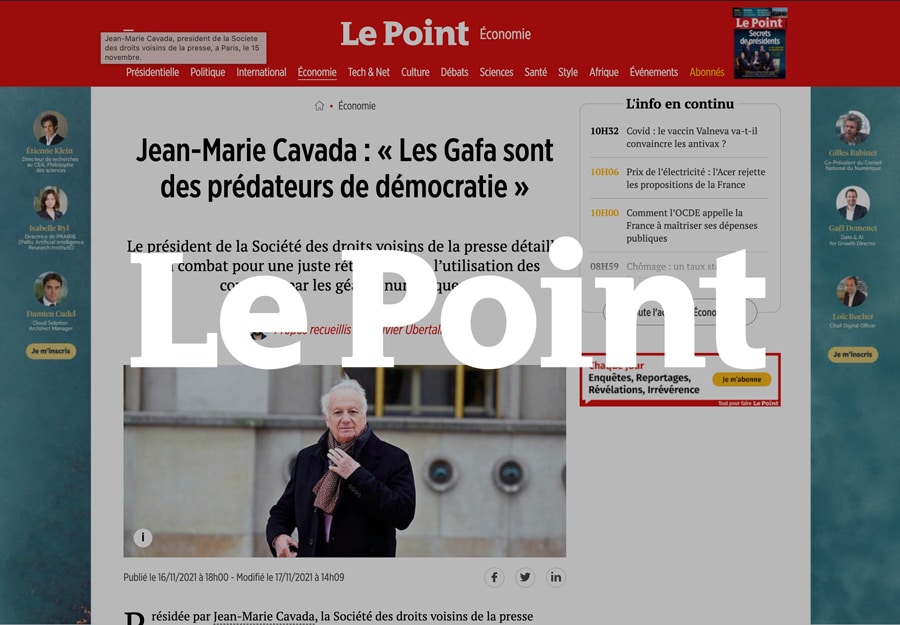

Les rencontres d’Eguilles


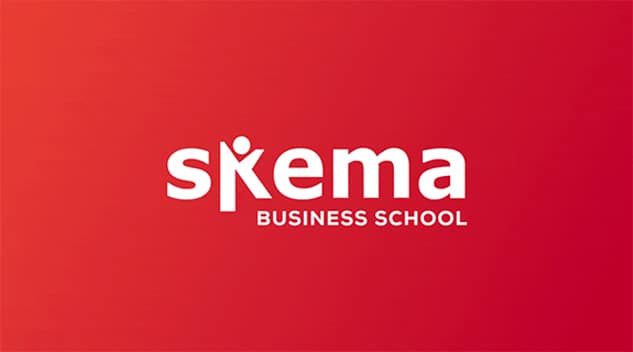







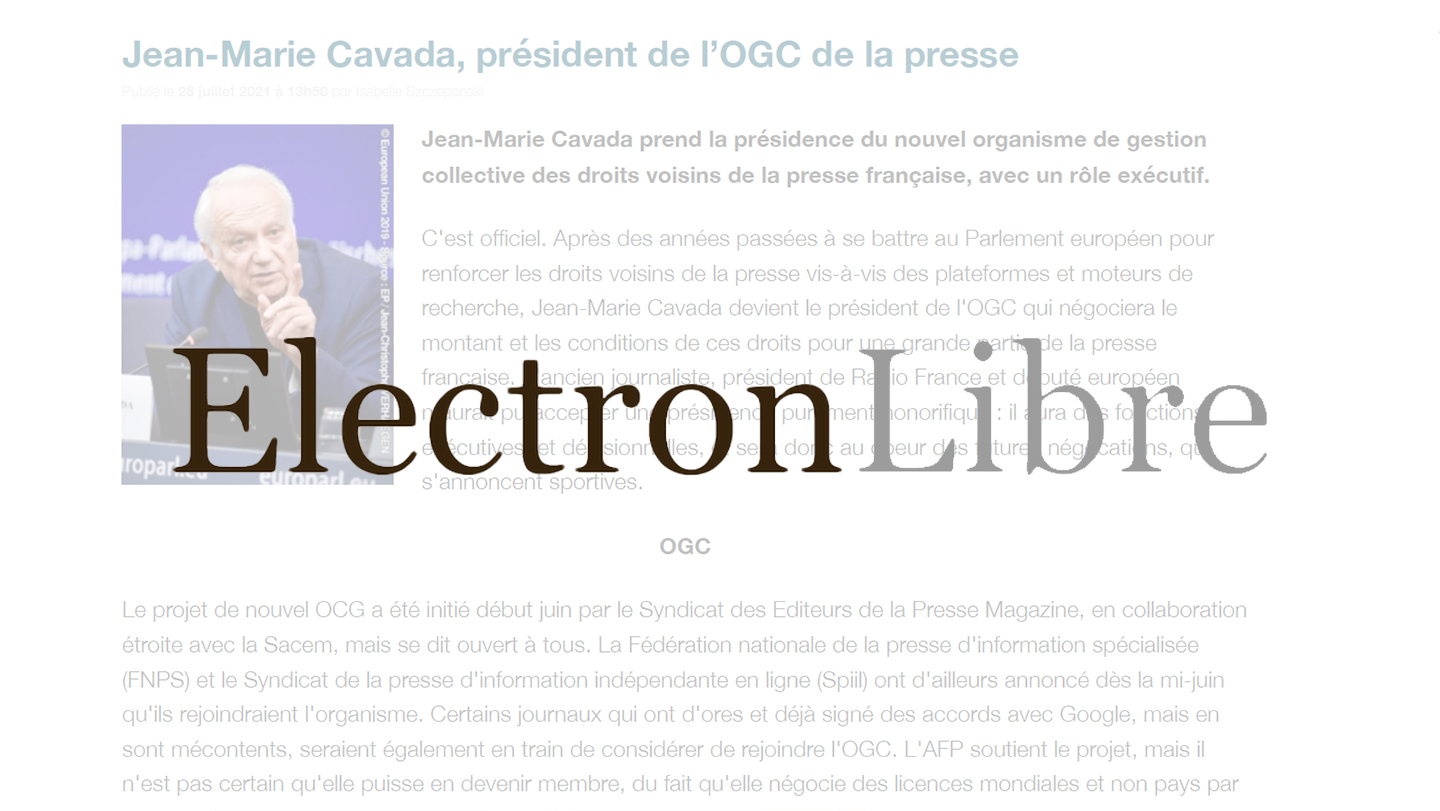

Google, entreprise malfaisante – Le Point


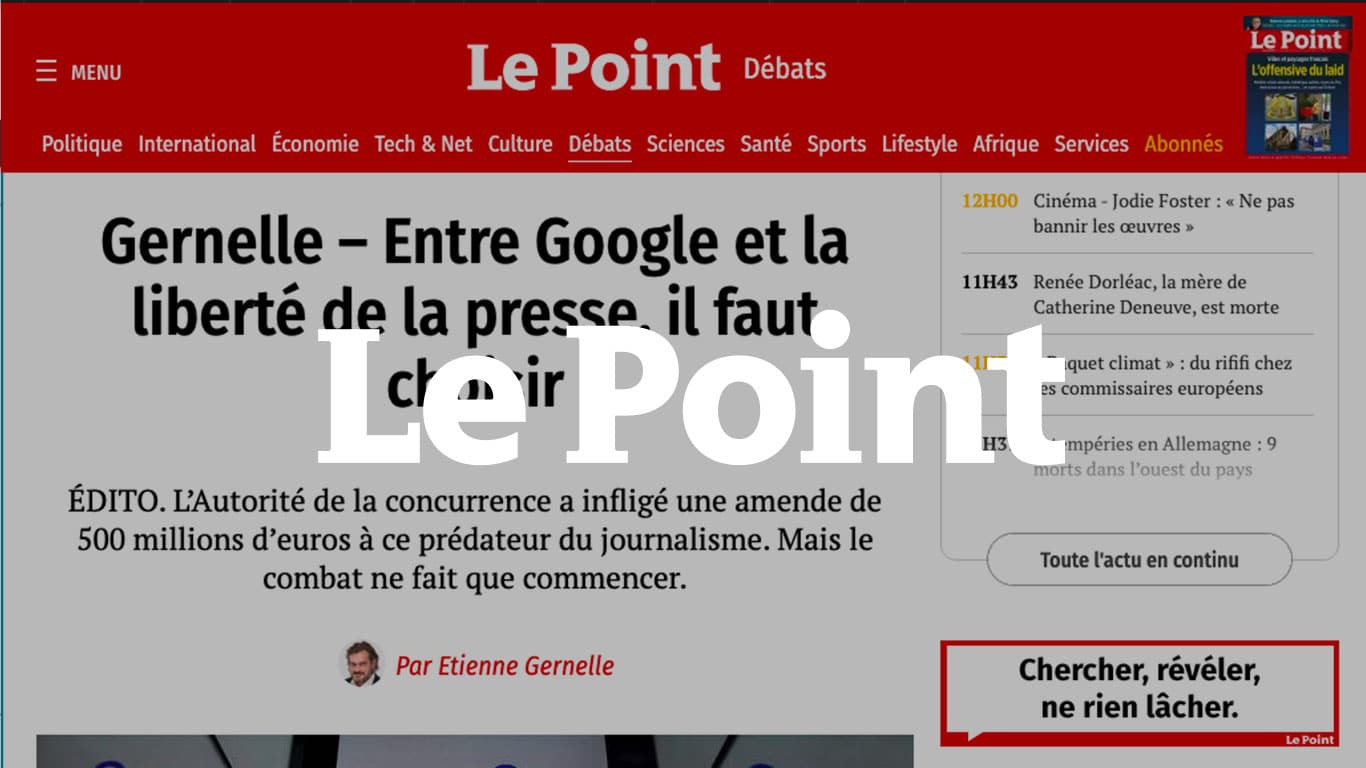
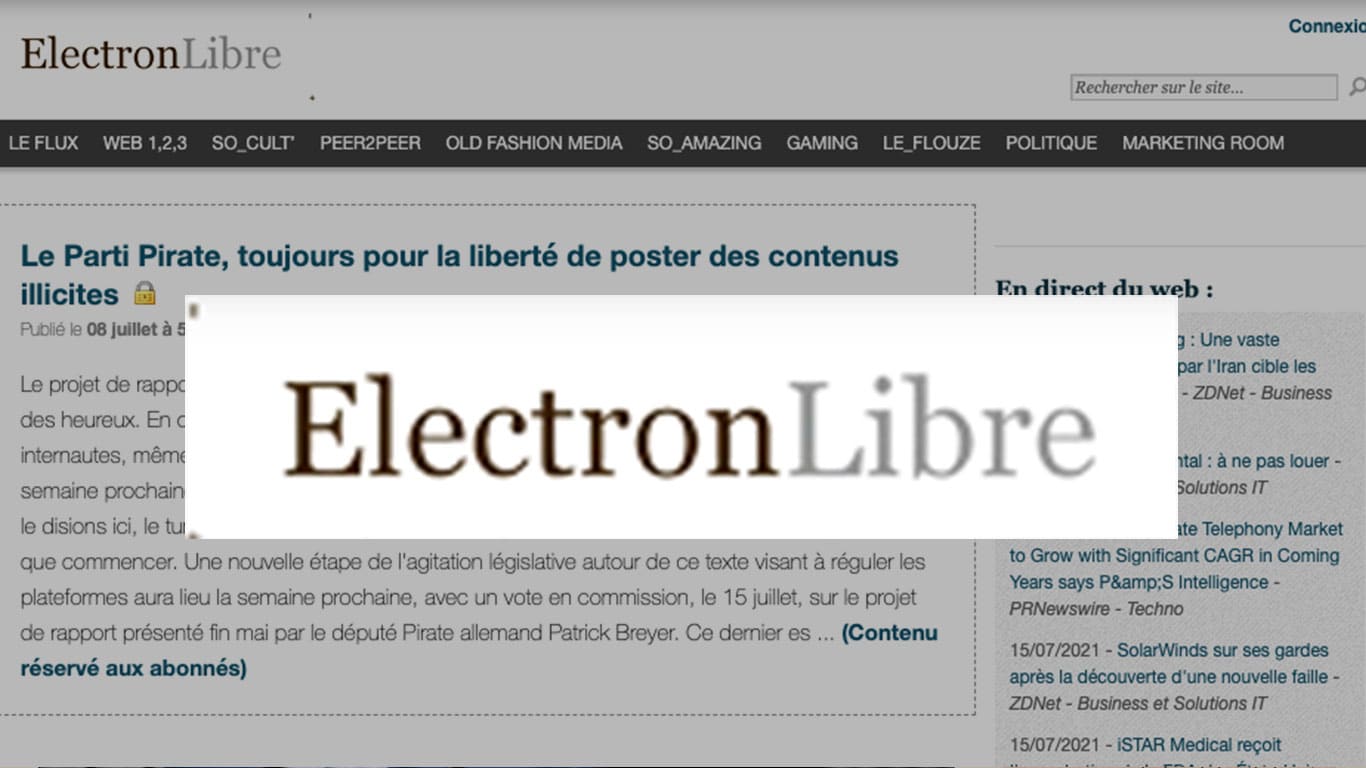





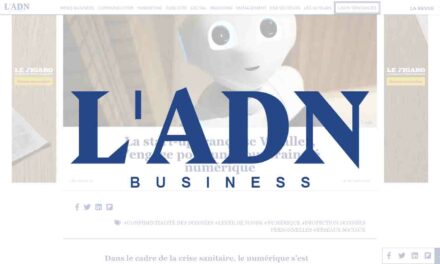








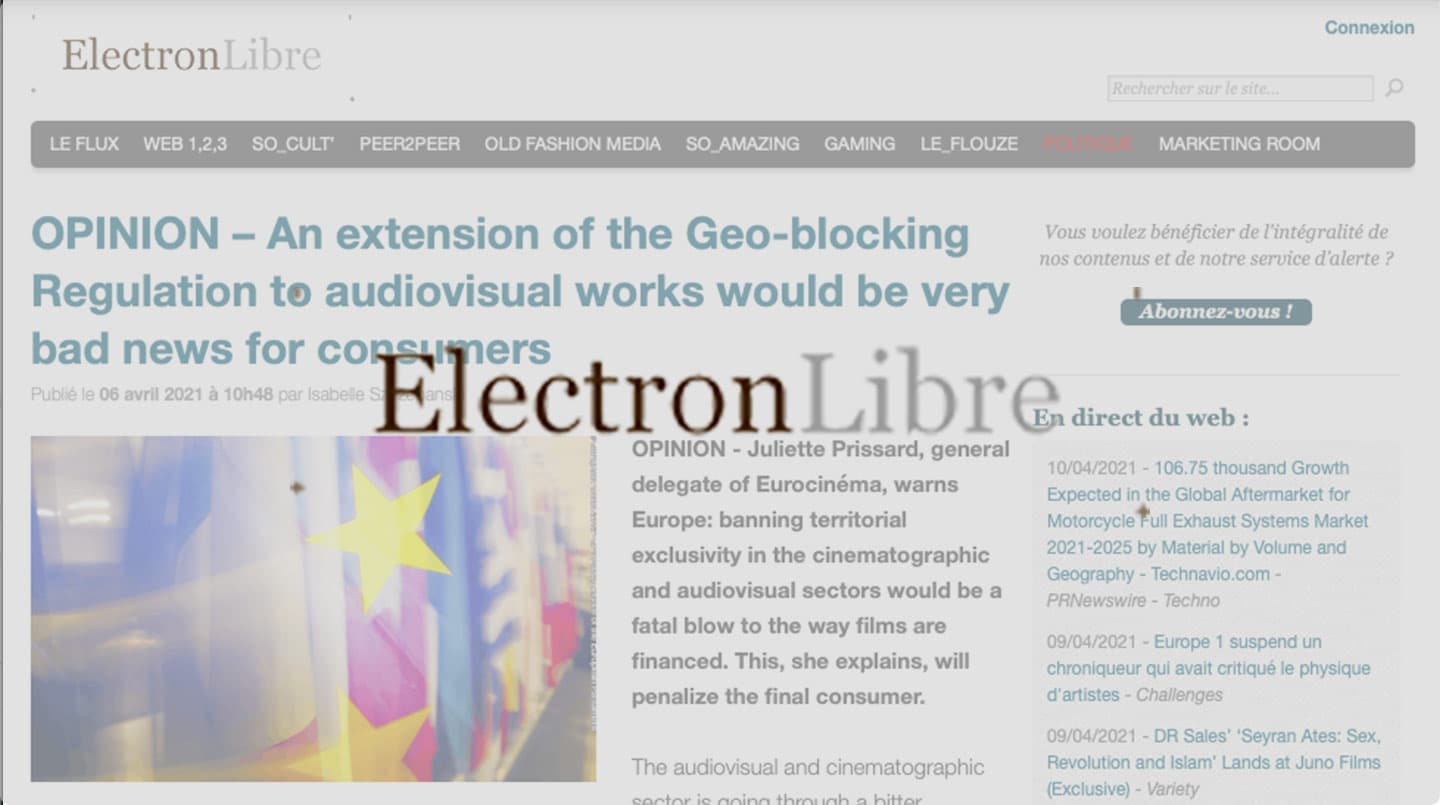
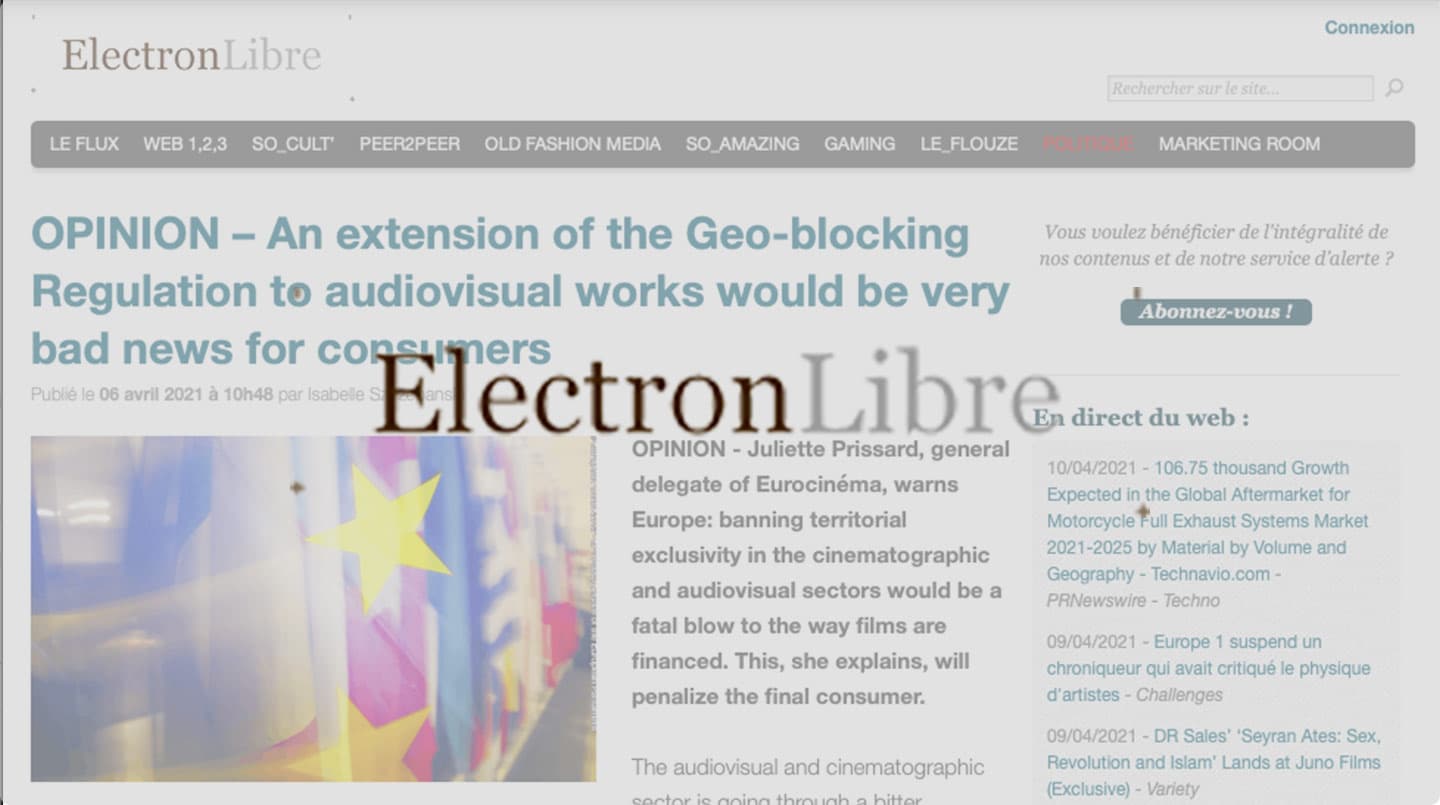



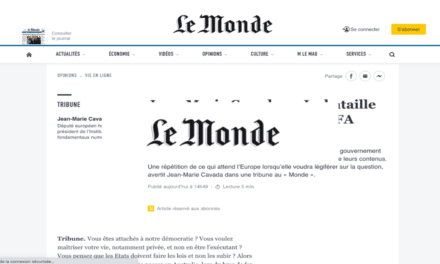

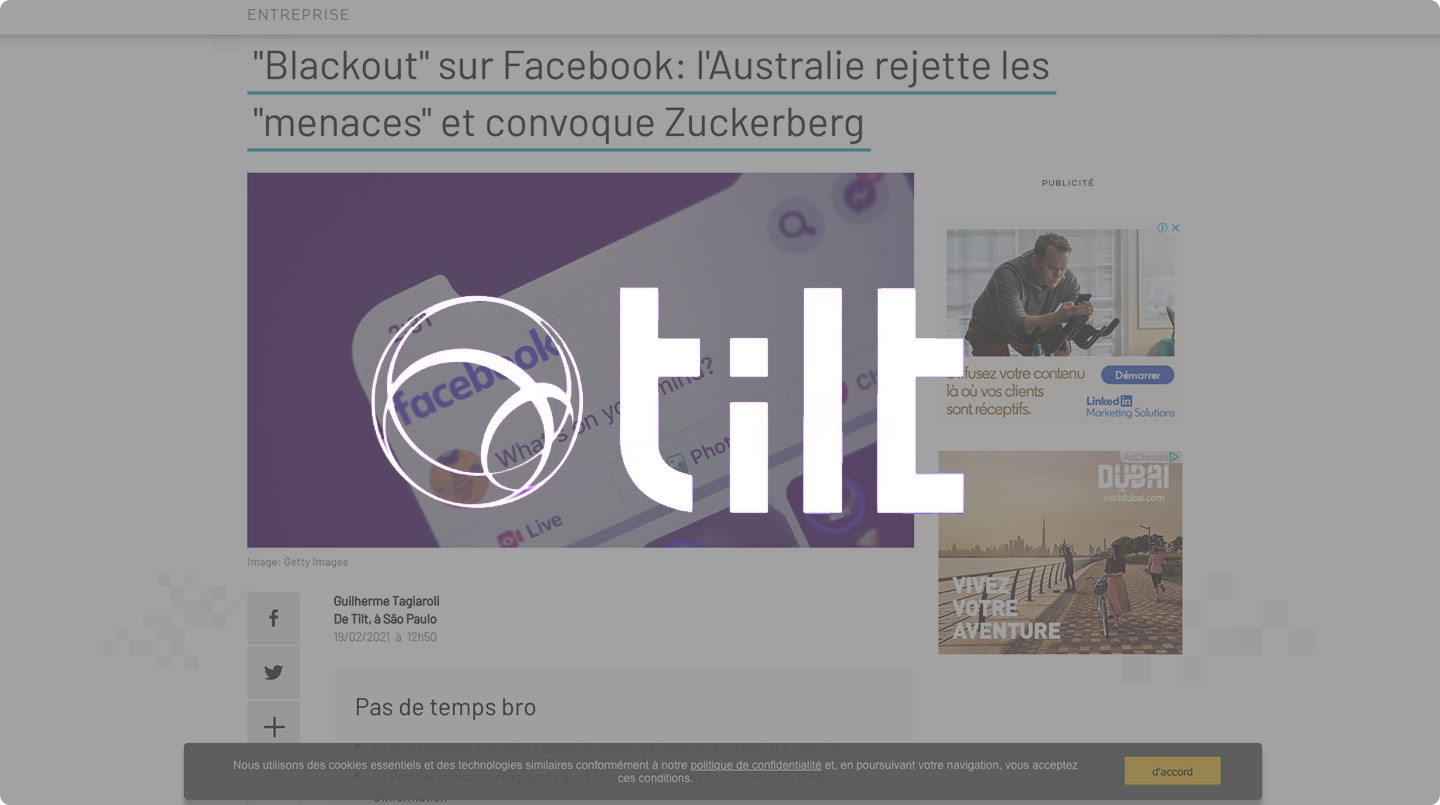

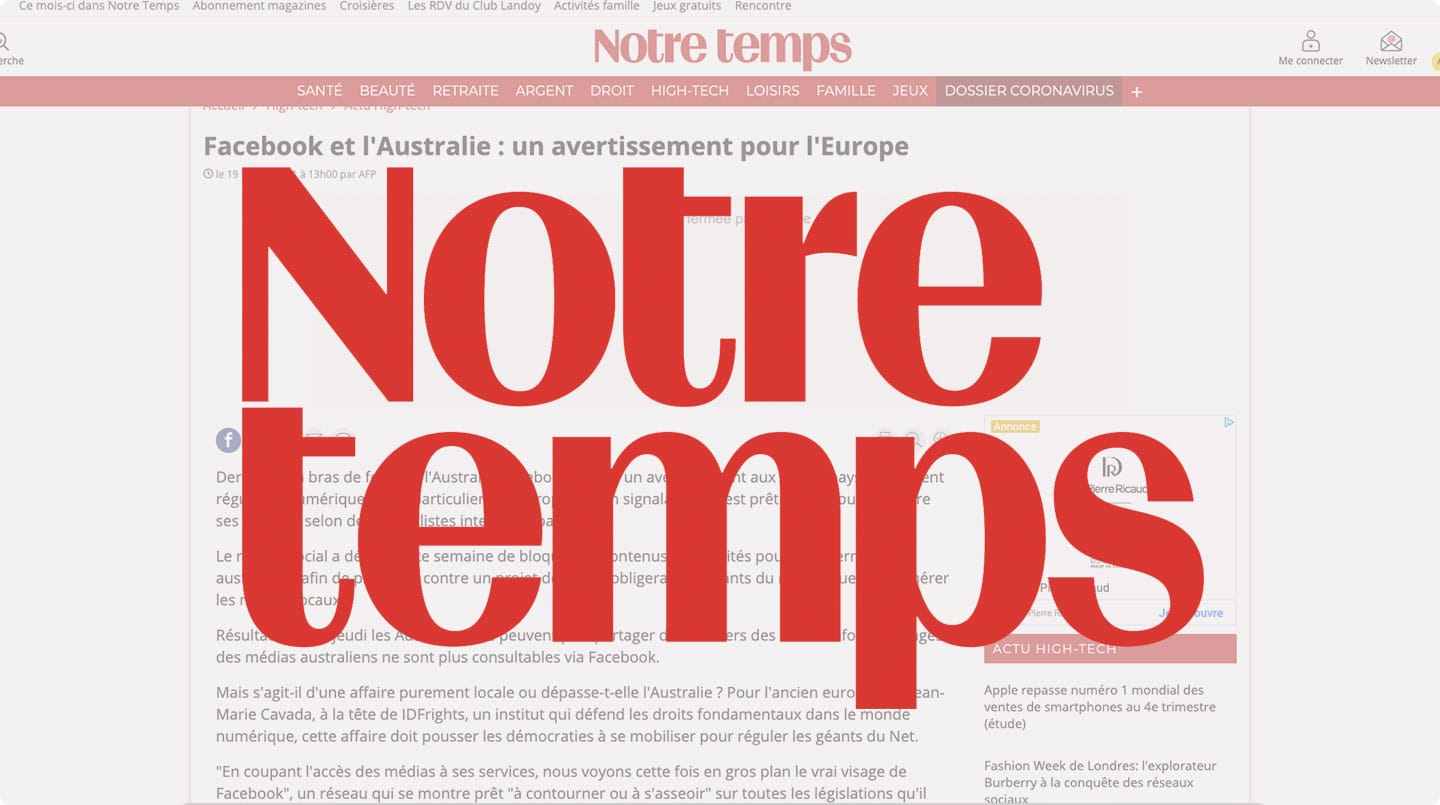
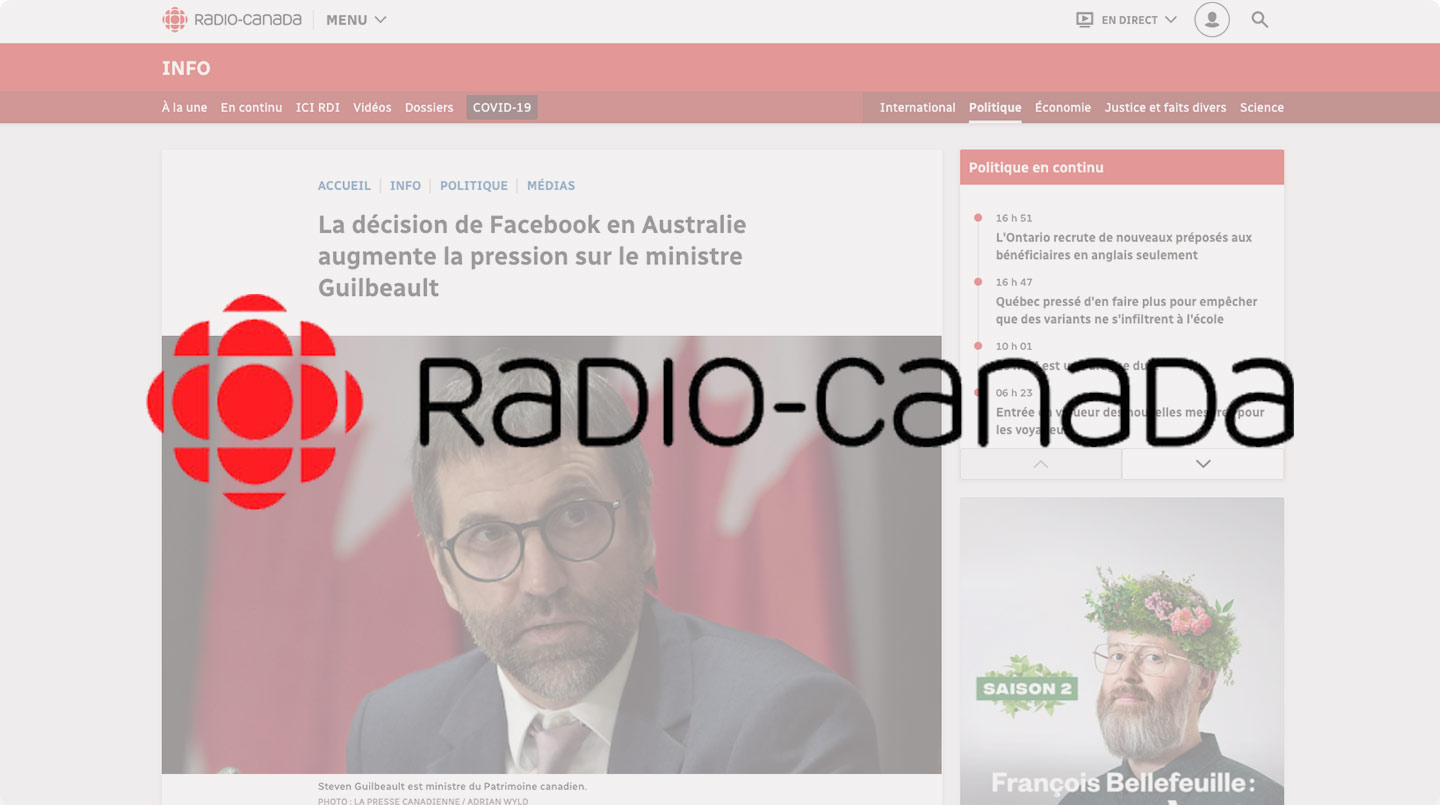
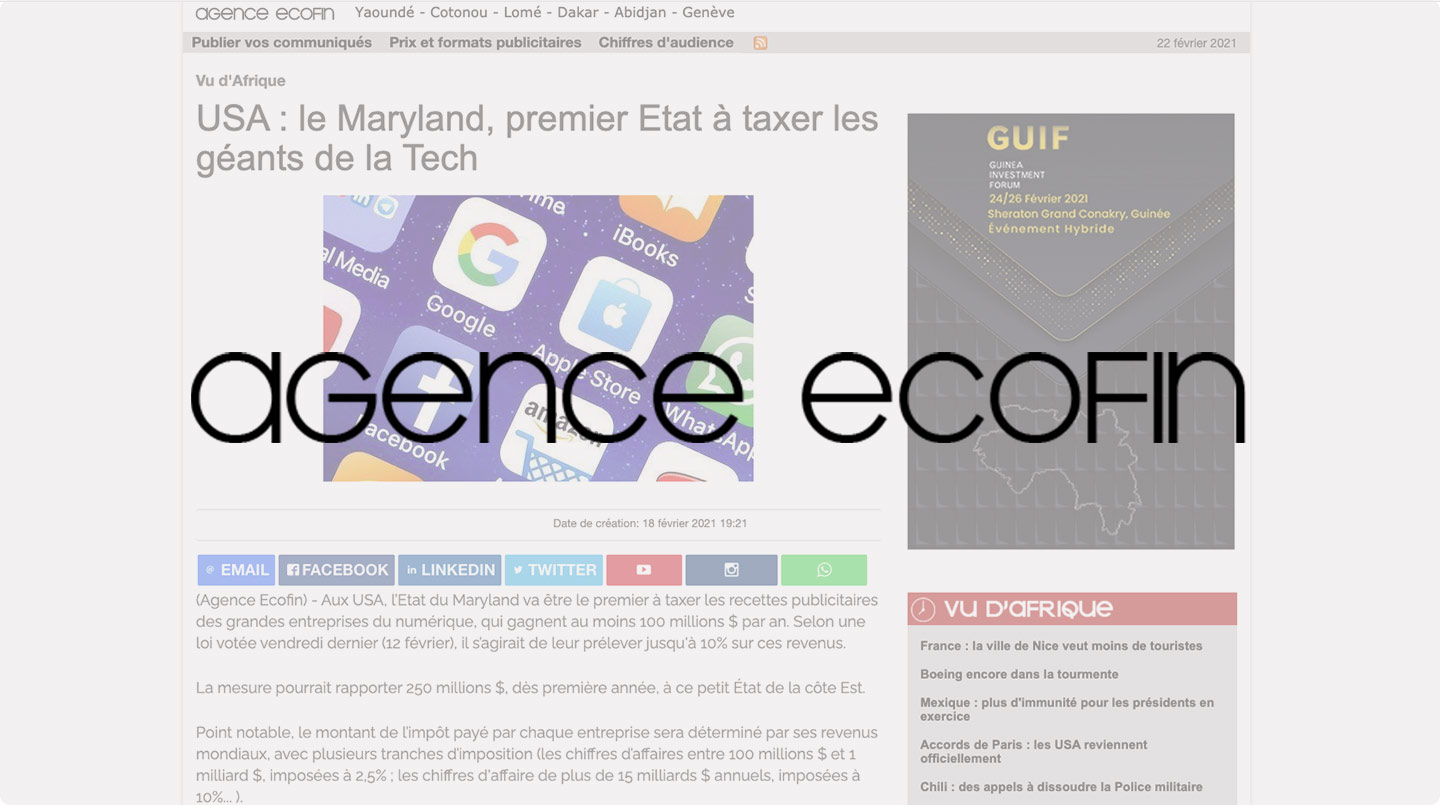


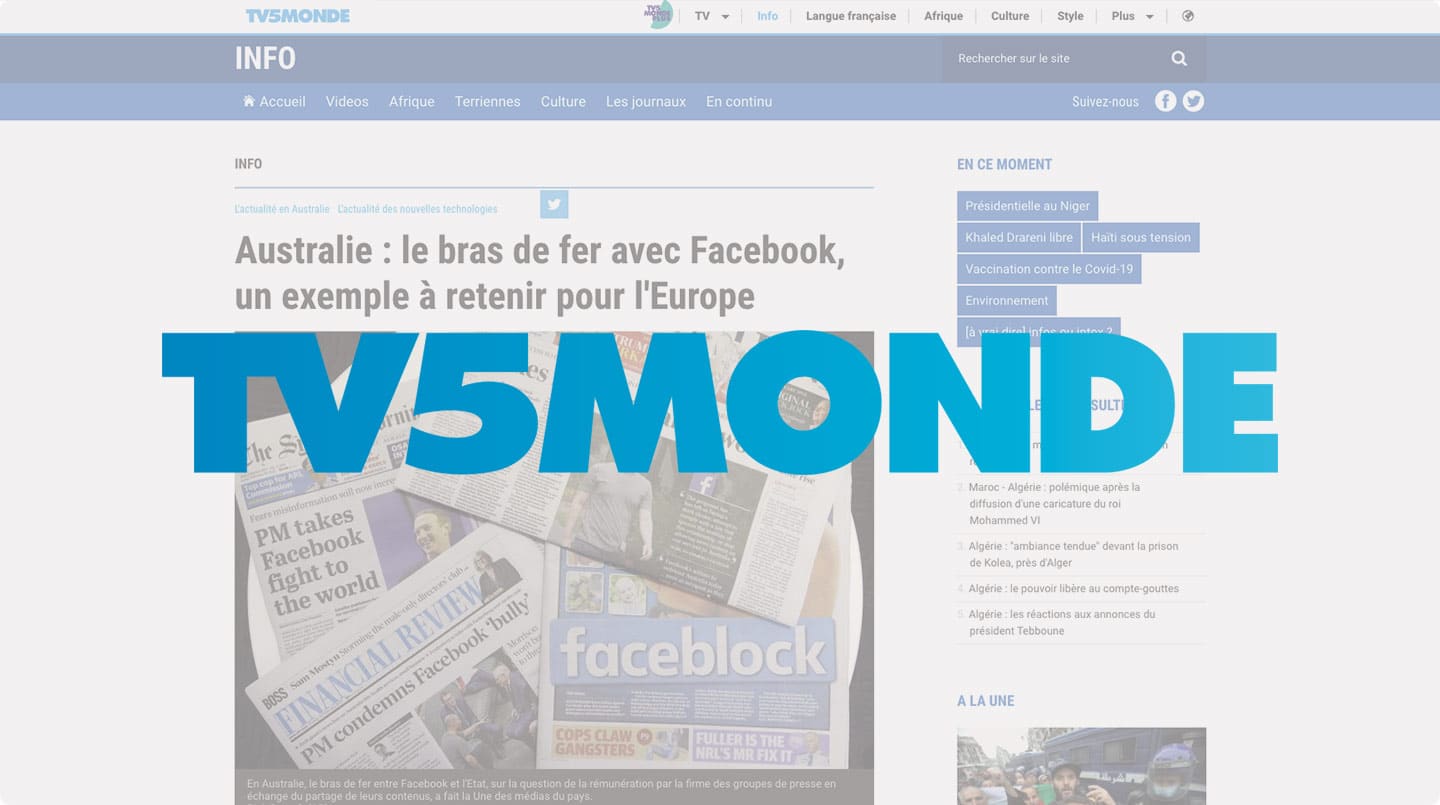
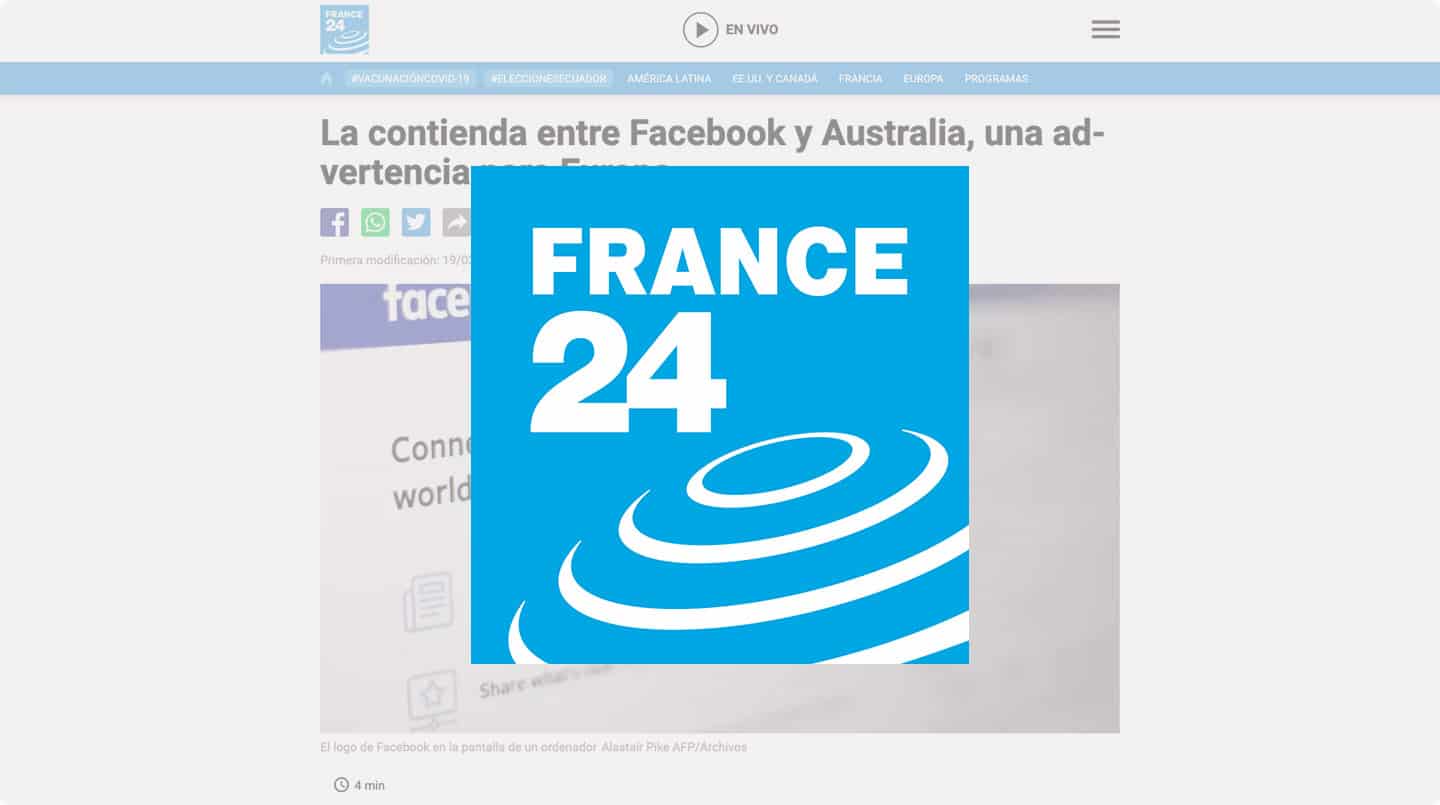



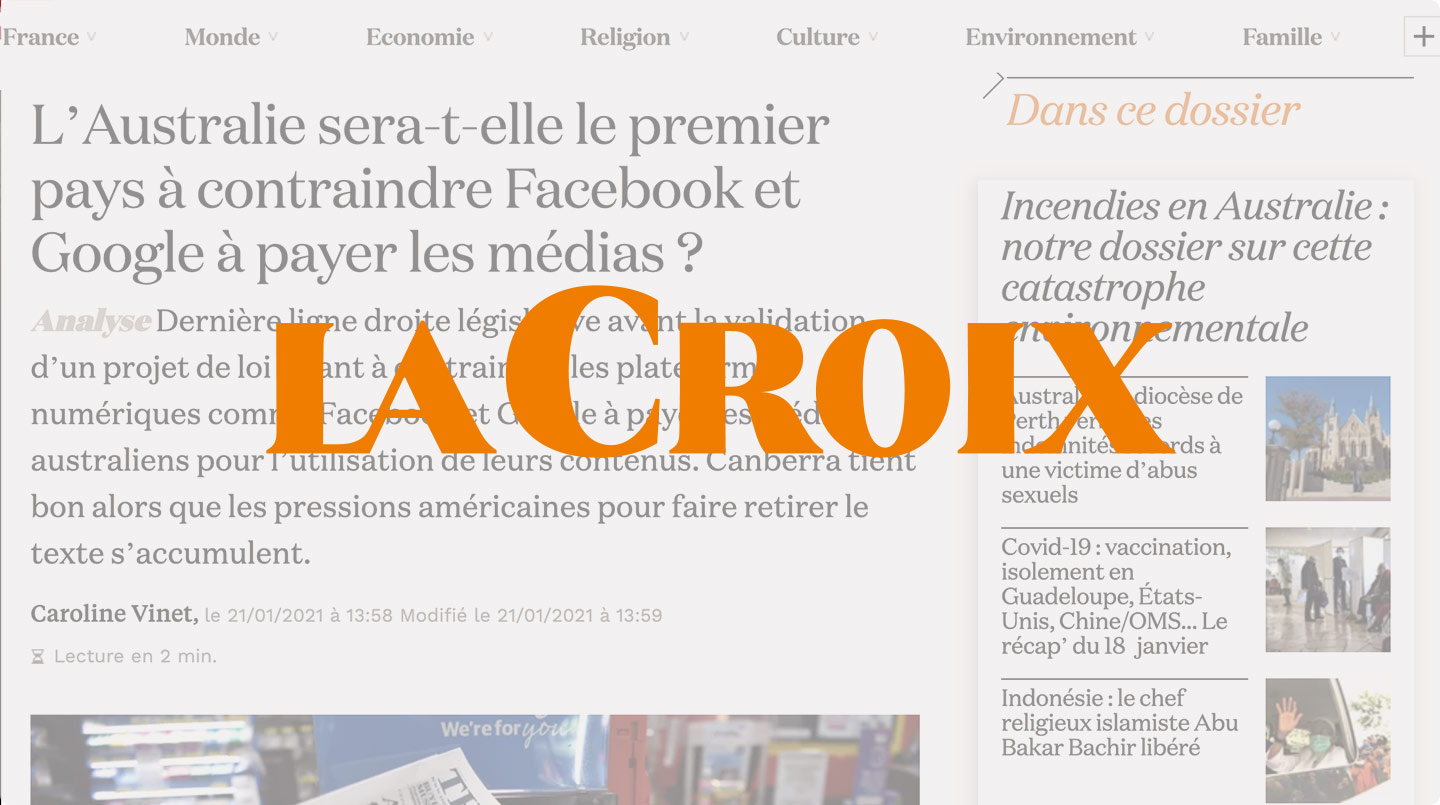


Pitié pour les Droits de l’Homme !

Joe Biden, l’ami de la BigTech

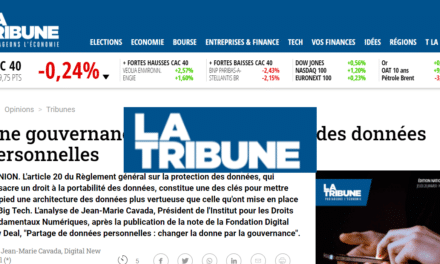




Netflix : un défi à relever pour l’Europe

Une Europe sans véto face aux prédateurs numériques




Covid-19 et usages du numérique en Afrique
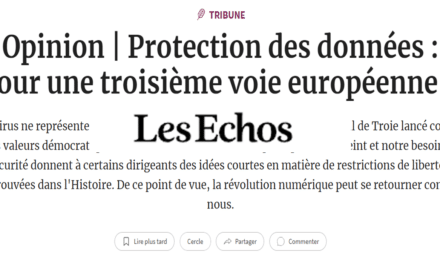
Numérique : l’Afrique veut donner de la voix




Numérique : séparer les pouvoirs.

STOP COVID : l’avenir d’internet est entre vos mains


institute for Digital Fundamental Rights
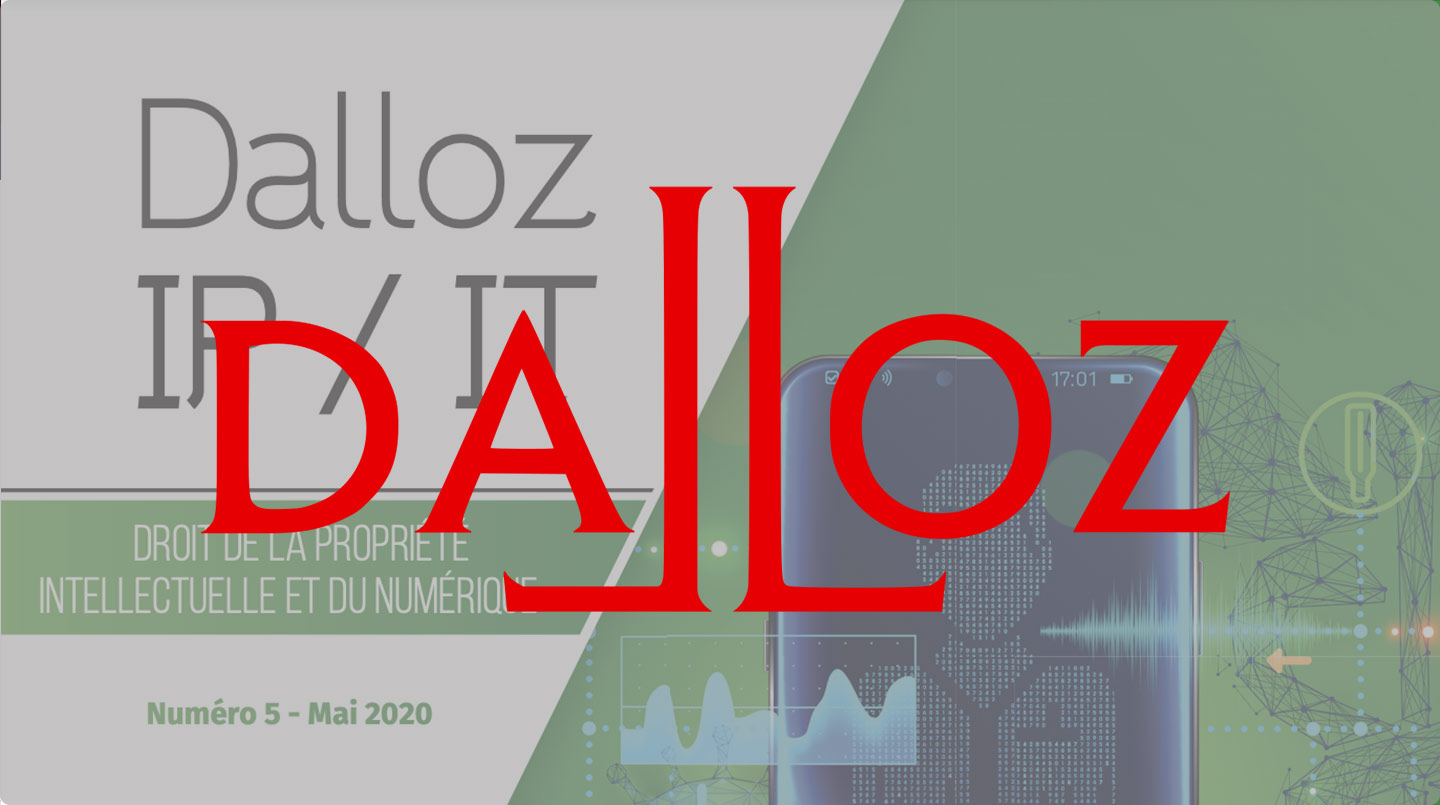
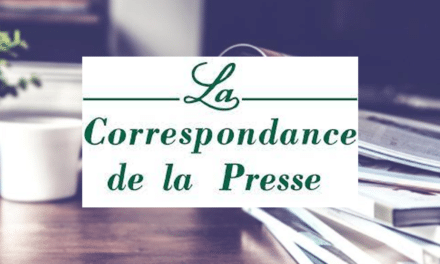

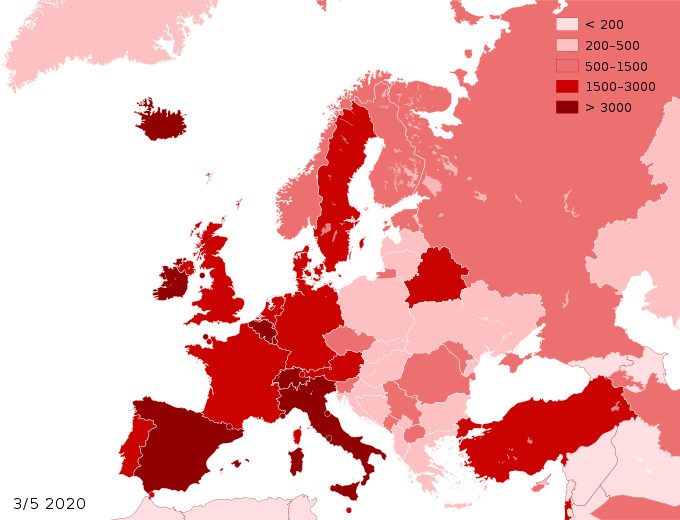
La protection des données et la crise sanitaire
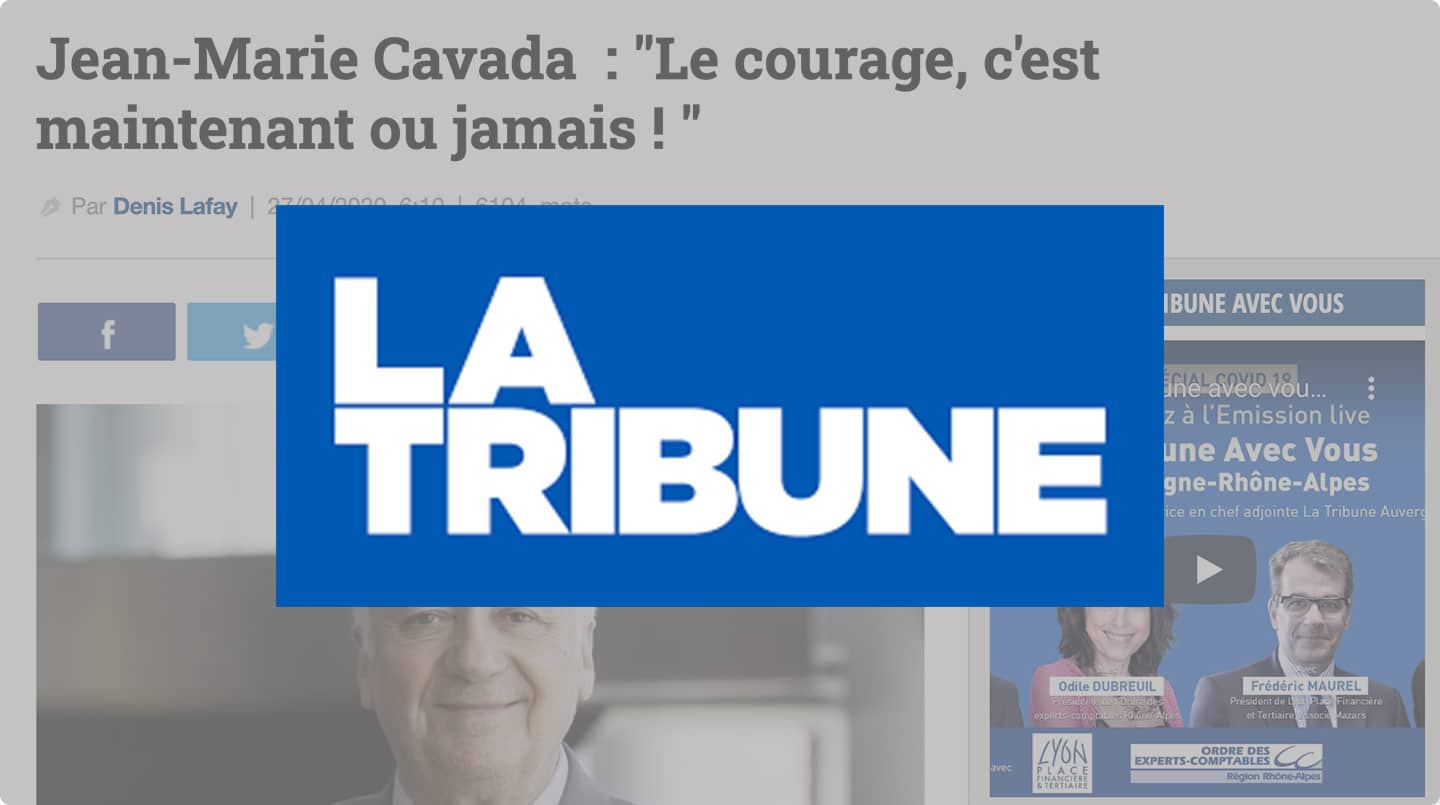
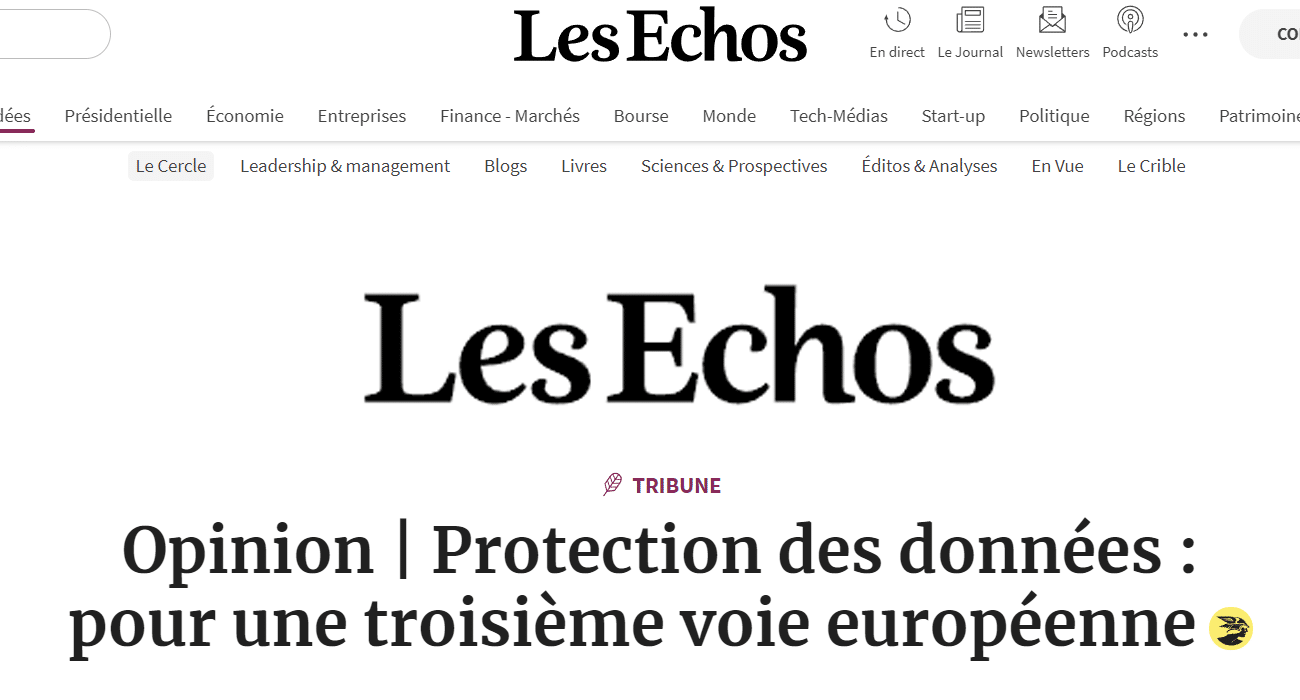

Tribune dans Les Echos
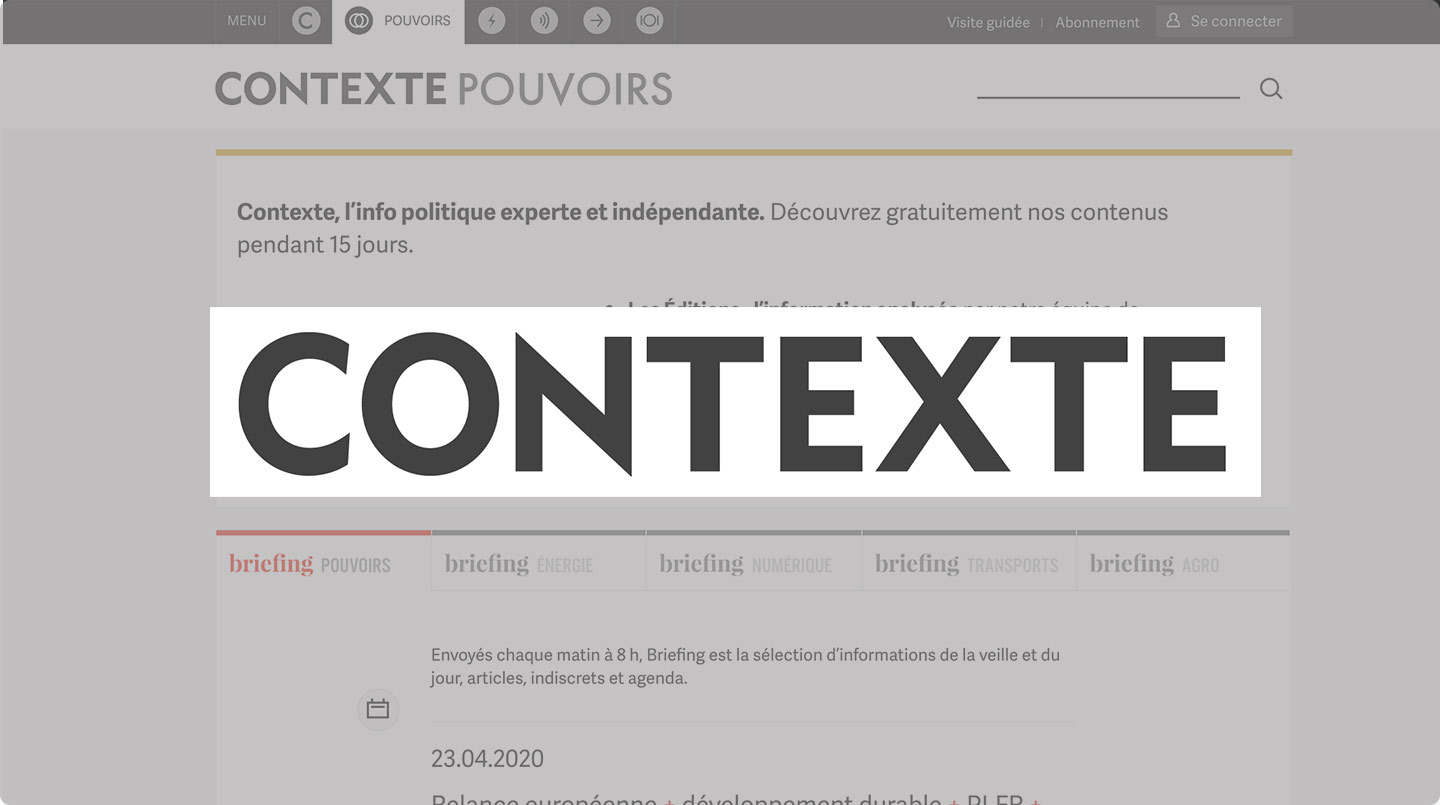

Newsletter de Contexte

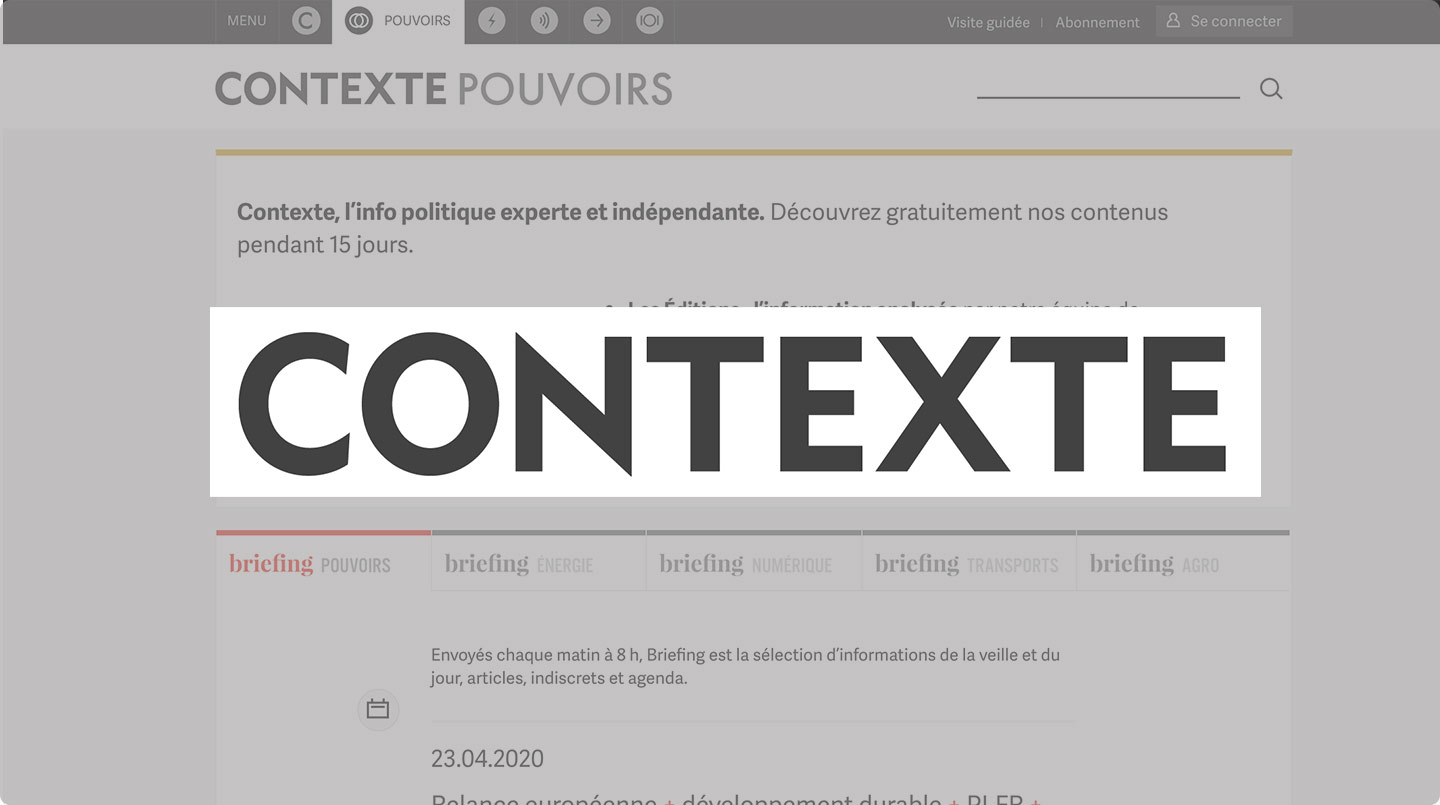
Article de ElectronLibre


Article de European Scientists
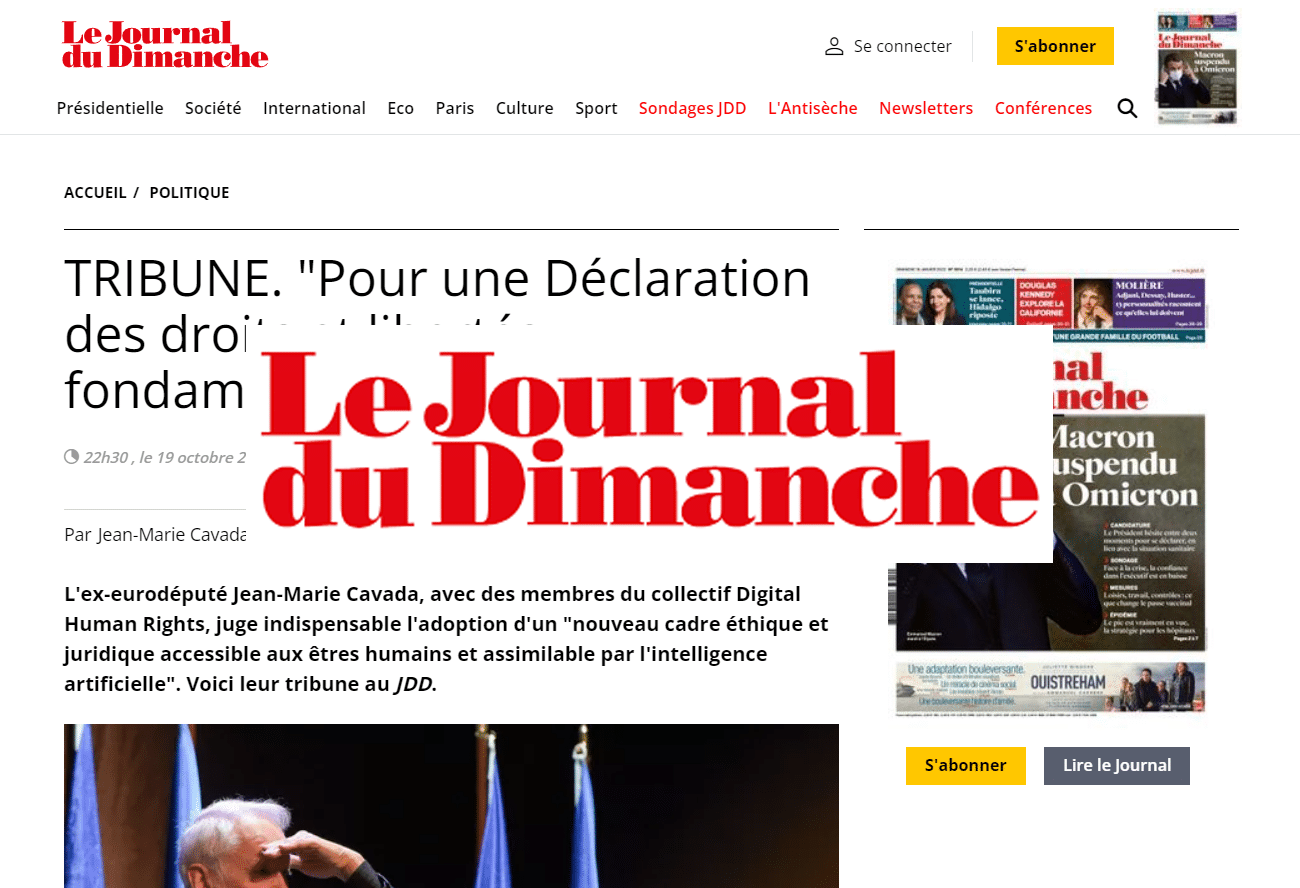
Tribune dans le JDD








